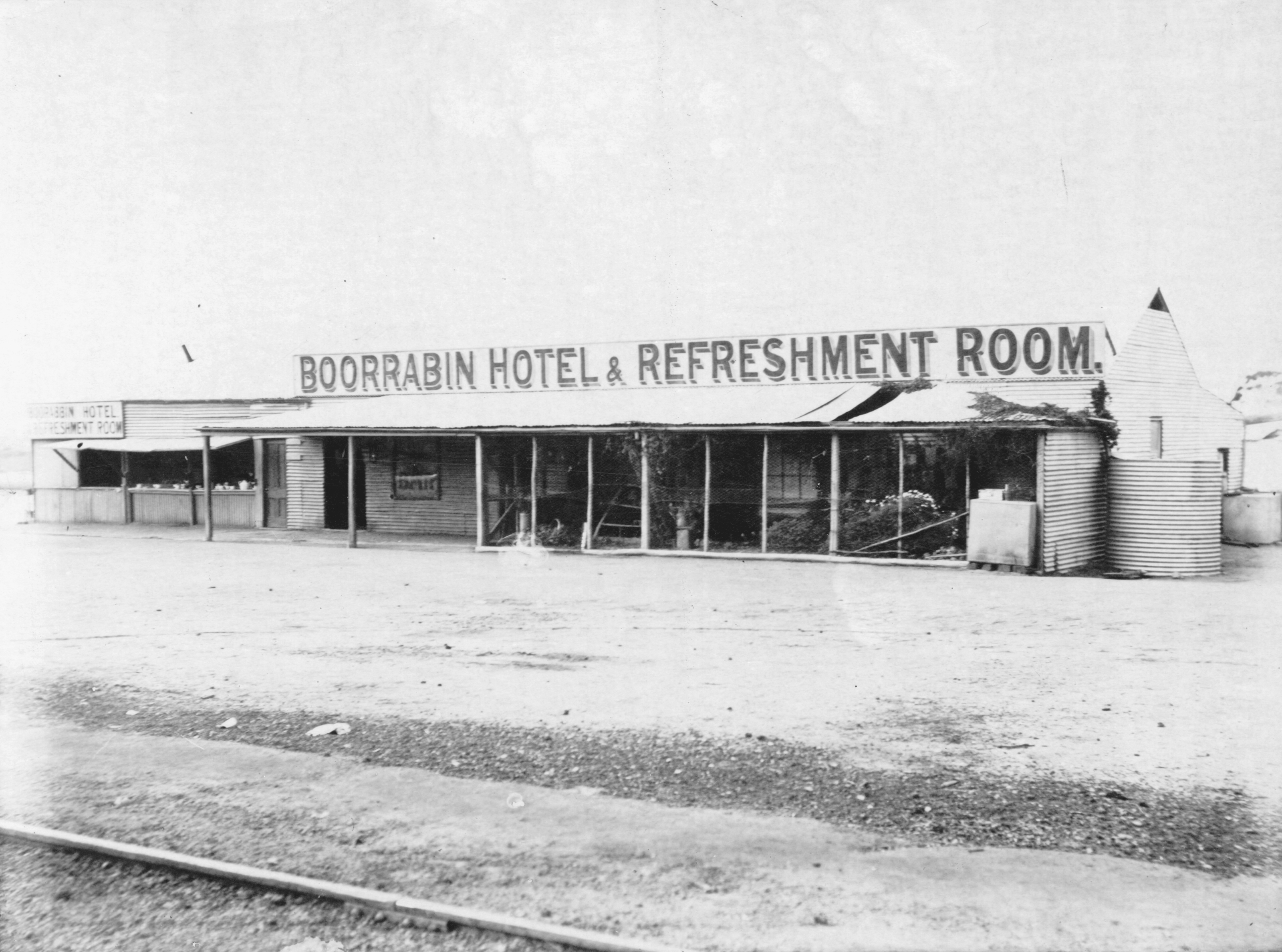Golden Pipeline


A time capsule of water,
gold & Western Australia
A project from the National Trust of WA

A self-guided drive trail between the Perth Hills and Western Australia’s Eastern Goldfields. Go with the Flow. Follow the water to discover more about the audacious goldfields water supply scheme and Engineer CY O’Connor.
“Future generations, I am quite certain will think of us and bless us for our far seeing patriotism, and it will be said of us, as Isaiah said of old, ‘They made a way in the wilderness, and rivers in the desert”
Boorabbin
Alas! … the glory and the money of Boorabin [sic] will soon be removed and no history even left to record the eloquent addresses of ‘Micky Brown’ to the teamsters by which he so cleverly won the strike for the men, the charms of the bushman’s song; the strains of Mr. Hughes’ violin long since … silent.
Northam Advertiser 2nd November 1895.
On 7th December 1895, the railway line between Boorabbin and Woolgangie opened for general traffic. Within one day Boorabbin, which had grown in the three months it was the head of the railway to be a busy centre, was deserted. Sheds and shops were dismantled and re-erected at the new railhead. All that remained for a time after was a pile of goods and machinery destined for the fields. Today at Boorabbin you can still see the railway platform for this once important stopping point.
The reason it became a stopping point was the reason for all stopping points along the Eastern Railway. The availability of water. A railway dam was built at Boorabbin to supply thirsty steam engines. When the mass exodus took place to the new railhead, supplies in Boorabbin’s dam were dwindling rapidly and the residents were no doubt thankful that Woolgangie had what was described as the finest rock catchment on the road to the goldfields.

They were to be sorely mistaken and caught up in a water famine that caused untold suffering. With them the people of Boorabbin took typhoid. A butcher had gone down to the nearest hospital to the temporary town – at Southern Cross – but died within three days. Typhoid was to run rampant in the new railhead of Woolgangie.
Prospector John Aspinall approaching Boorabbin in 1895 remarks on the little animal life of any sort to be seen on the road except crows.
These evil looking birds are nearly always a good indication of the presence of water except when they are quarrelling over an old meat can in an abandoned camp. They emit a most unmusical sound that harrows up your soul far worse than the noise of sharpening a saw – caw ! caw-w! caw-w-w! Quack! Qua-a-ack! QUA-A-A-CK!! There are a few large parakeets and a few pretty parrots and magpies and pigeons.
Explore
Click on any map section or place below to discover The Golden Pipeline.
Northam to Cunderdin
Explore section two


